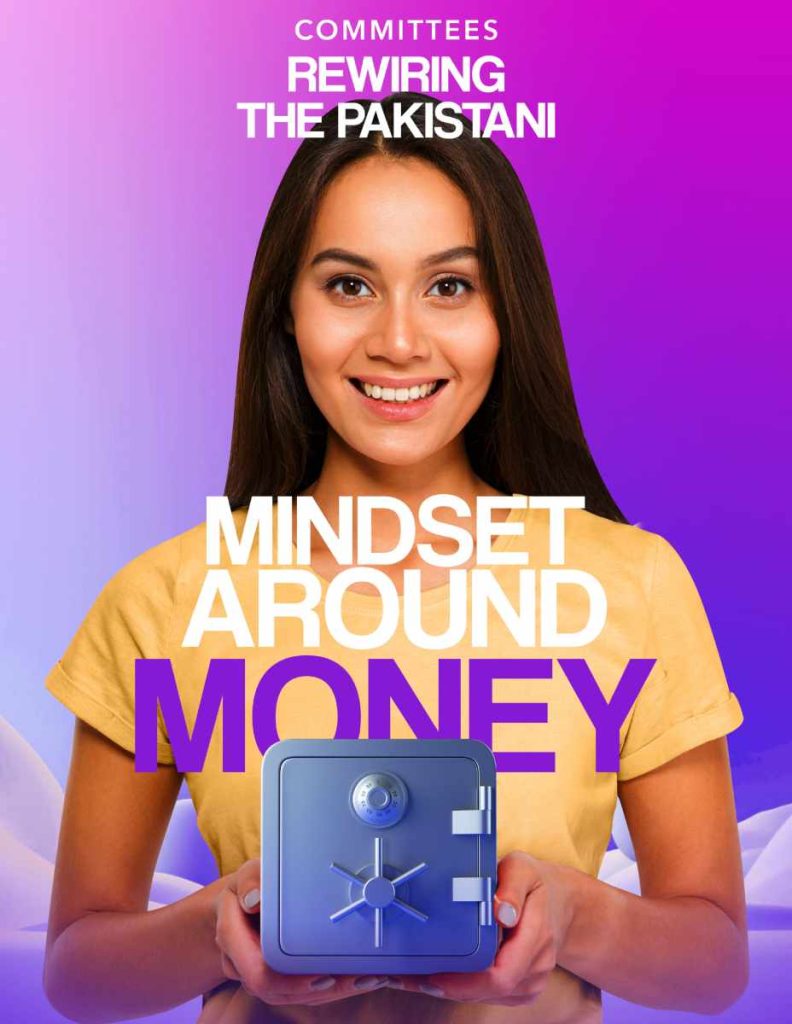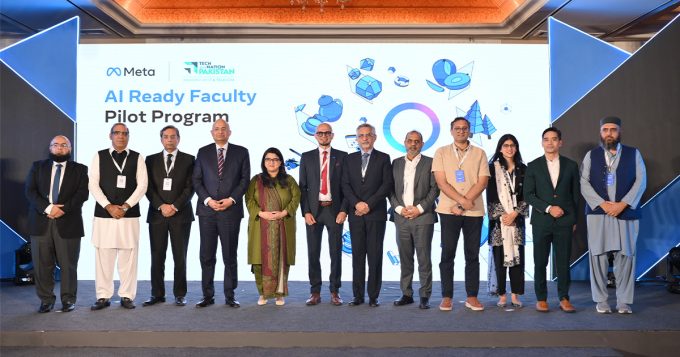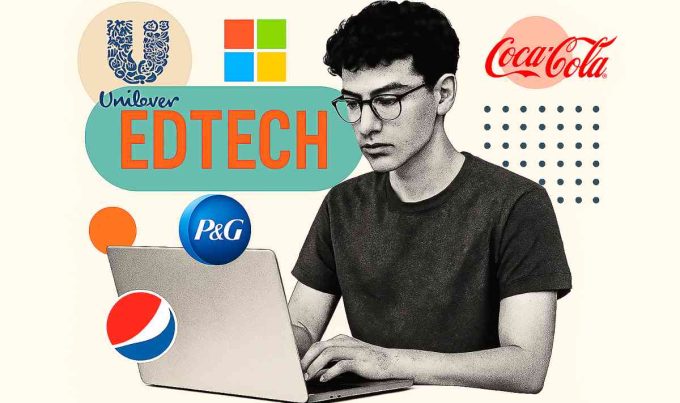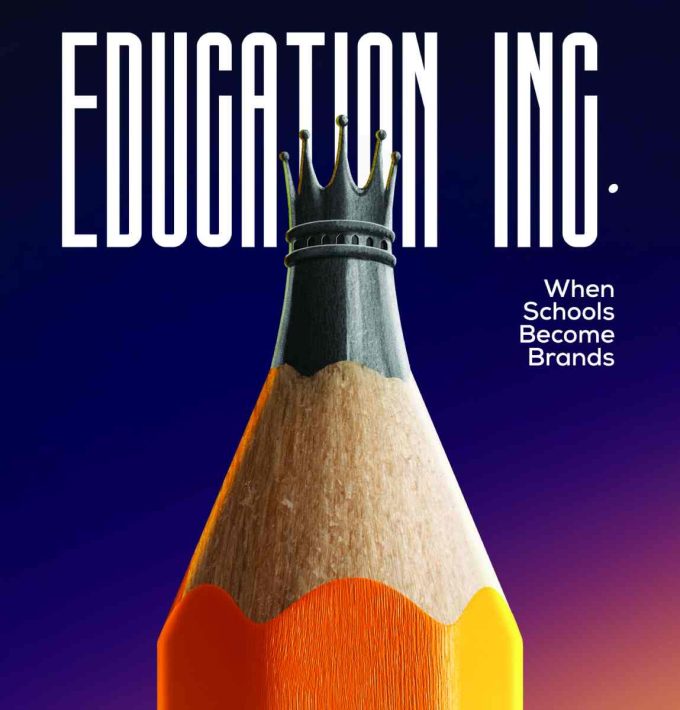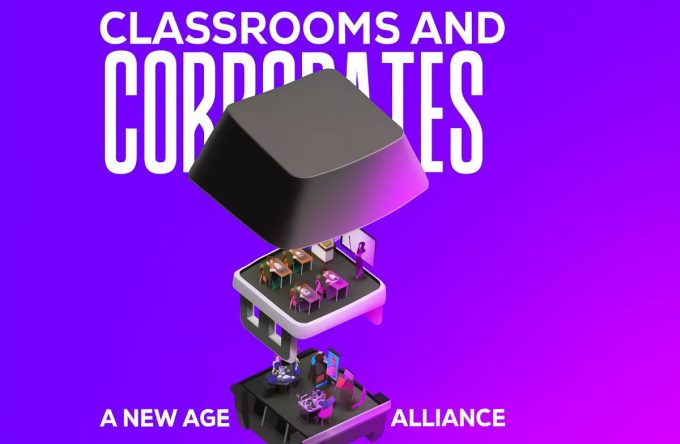Rooted in tradition and fuelled by trust, ballot committees have long been a revolution for Pakistani women. They are not just money-saving tools; they build lifelines rooted in community, compassion, and shared purpose. Offering structure, dignity, and financial freedom to those whom formal institutions often overlook. This is finance, reimagined.
The Quiet Financial Revolution
In living rooms and drawing rooms across Pakistan, a quietly radical financial act occurs every month. Tea is poured, names are drawn, and one person walks away with a significant lump sum of money, no banks, no interest, and no paperwork. This is the world of committees, or ROSCA (Rotating Savings and Credit Associations), a savings method that has endured for decades and continues to evolve with time.
For generations, Pakistanis have used committees, also called BC (ballot committees). A few even call them dairas, or more formally, ROSCA (Rotating Savings and Credit Associations), as their financial lifeline. Before mobile apps, before online wallets, before banks even attempted to be inclusive, there were committees. Whether it was for school fees, a new fridge, or a shadi jora, committees quietly did the heavy lifting of financial planning.
And I say this not as some detached observer. Long before I ever worked for Oraan, I was a full-blown committee kid. I used them well into my 30s to save up for things like a new mattress or that bookshelf I kept putting off.
I did not have the cash lying around, and I was not about to slap it on my credit card. Committees gave me the structure and discipline. Let us be honest, the pressure to stash away money every month, and eventually, I got what I needed. No debt, and little to no drama.
More Than Maths, It is Culture
The concept is simple; a group of people contribute a fixed amount each month, and every month, one person gets the full payout. Rinse, repeat. But the magic of committees is not just in the maths, it lies in the culture.
It is rooted in trust, habit, and familiarity. It works because you know the people in your committee, the people in your community. You know who is reliable and who will probably delay payment. Old-fashioned, yet functional.
In Pakistan, especially for women, committees have always been more than just saving tools; they have been lifelines. In a world where banks feel sterile, unfriendly, and designed around men, committees are warm, human, and built for real life.
Women, Money, and Exclusion
Women have historically been locked out of formal financial spaces. Whether you like it or not, ask your mother or your aunt, and she’ll tell you. A joint study by Australia’s Market Development Facility (MDF), Kashf Foundation, and Khushhali Microfinance Bank in 2020 revealed a grim statistic: that only 7% of women in Pakistan held a bank account.
Even after initiatives by the State Bank to make institutions more “inclusive,” all we got were pink debit cards, symbolic ribbons and superficial names. There is little to no staff training for dealing with women. No considerate communication that actually speaks to women’s realities. Just a token rebrand with a splash of “empowerment.”
But here’s the real twist: the women who run and join committees aren’t always financially illiterate. They’re just financially underserved. I met countless women during my time at Oraan (2022–2024) who were smart with money, educated, and had bank accounts, but they still preferred committees. Why? Because banks did not feel like they were built for them. Committees did.
The Social Side of Saving
And the social side? Equally important. These ‘kitty parties’ that we love to sneer at are actually crucial community hubs. Women connect, network, share life advice, troubleshoot financial hurdles, and yes, save money. It is not just chai and gossip; it is peer-to-peer support with a handwritten register that is like an Excel sheet baked in.
This is not just a Pakistani phenomenon either. ROSCAs are big in Muslim-majority countries like ours because they don’t involve interest (riba, which is impermissible in Islamic finance). They also embed themselves deeply in cultures across Egypt, South America, and West Africa, where gender disparity is rampant and the formal banking sector fails to serve the masses.
A Global Tradition
In Egypt, ‘MoneyFellows’, a fintech start-up, took the same idea and built a digital platform out of it, raising millions in funding and scaling it to hundreds of thousands of users. Turns out, what the West calls ‘alternative finance,’ the Global South has been doing for decades.
Here in Pakistan, Oraan did something similar but with real cultural sensitivity. Founded by Halima Iqbal and Farwa Tapal, the only women-led fintech in Pakistan, Oraan did not merely just digitise committees; it fixed what was broken without losing the warmth and relatability that made them work in the first place. Delayed payouts? Fixed. Trust issues? Covered. Multiple people wanting the pot on the same date? Sorted. The app carries the risk. The users just get their money on time.
Digitising Trust
But let’s be real, committees are not perfect. People flake. The committee aunties disappear. Sometimes it turns into a emotionally fraught situations. We have all read about the unfortunate Sidra Humaid incident. But the point is not to scrap the system.
The point is to upgrade it. Apps like Oraan and MoneyFellows are doing exactly that, taking what already works and adding the infrastructure, transparency, and scale to make it safer and smarter.
One of the most frustrating misconceptions around committees is that they are loans. They are not. Nobody is charging or paying interest. There is no lender, no debtor. It is your own money, just staggered over time. And while banks and many apps keep pushing loan products like they are doing us a favour, a lot of people do not want that. They don’t want to deal with compounded problems. They just want to save, safely.
Beyond the Unbanked
And no, committees are not just for unbanked women. A big chunk of Oraan users were salaried professionals, men and women with full-blown access to bank accounts and other financial services. They still preferred committees.
Because committees, unlike most banks, align with their real-life circumstances. their realities. You do not have to learn a new language to join one. There is no need to prove anything. Just show up, get yourself verified, put in your amount, and wait for your turn.
The Future of Finance, Rooted in the Past
The future of finance in Pakistan is not about erasing what our grandmothers did. It is about giving it structure, scale, and security. People do not need to be taught how to save. They have been doing it under the radar for decades. What they need are tools that work for them and systems that trust them back.
So no, solutions like committees are not ‘back.’ They never left. They are simply being reimagined of the modern era.
